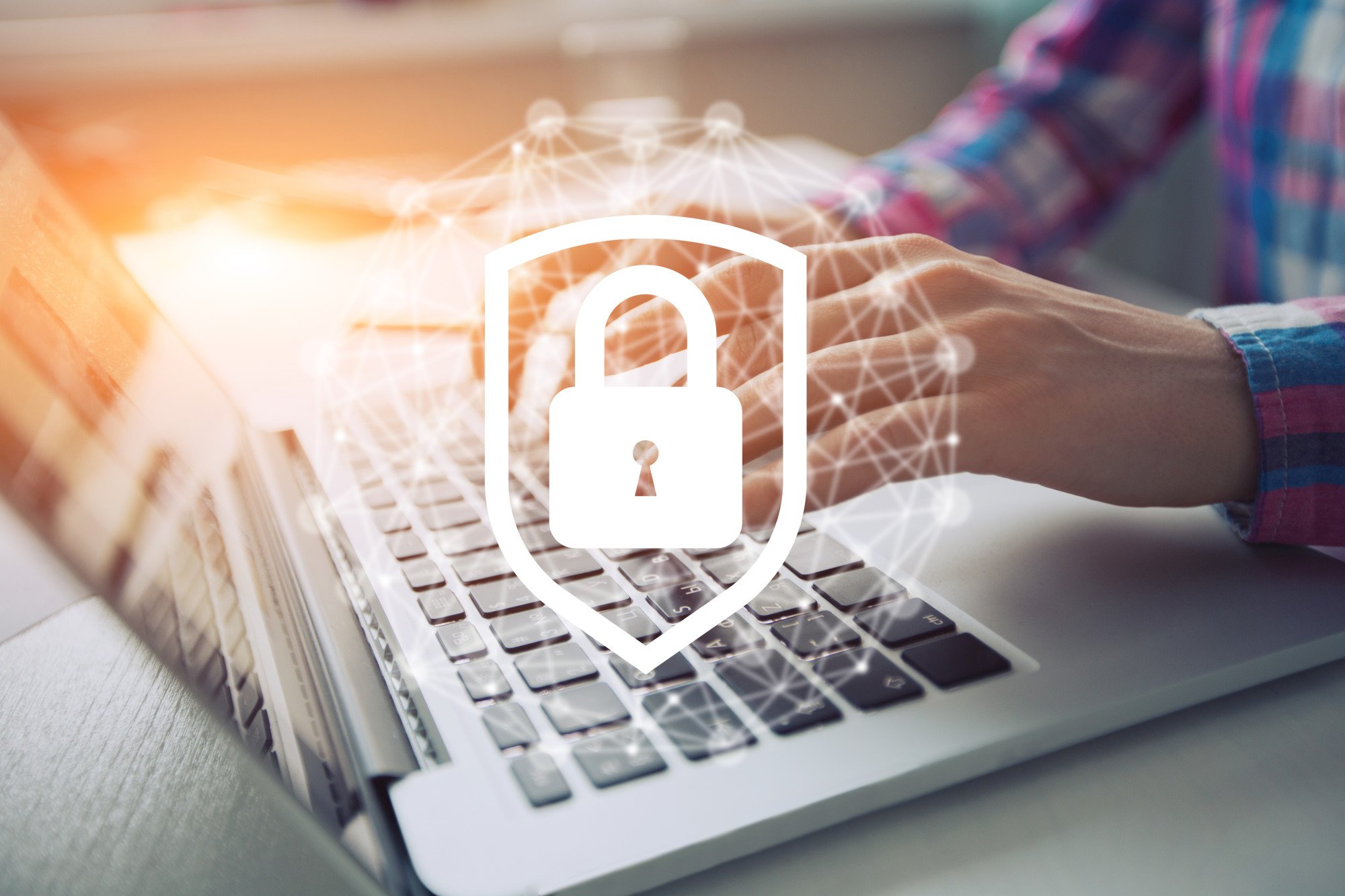
In 2019, Kaspersky Lab, a cybersecurity firm, discovered 24.6 million new malware files. That’s 13.7% more unique malicious files than the year before.
It’s no wonder then that experts say global cybercrime will cost $6 trillion per year up until 2021.
In any case, the last thing you want is to become one of these hard-hit victims of cybercriminals. That’s why as early as now, you need to learn how to protect your computer from hackers. This way, illegitimate hackers won’t have any weakness in your computer to exploit.
Ready to protect your hardware, software, and data from these unethical hackers? Then let’s get right into it!
Create Difficult-To-Crack Passwords
Hackers love to take advantage of passwords like “123456”, “qwerty”, and yes, “password”. True, this may sound funny, but a lot of people — over 30 million, to be more precise — have actually used them!
That said, the first step on how to protect against hackers is to make your passwords less easy to crack. Ditch those consecutive numbers and letters, and instead, use random-looking ones. The golden rule is to mix lower- and upper-case letters with special characters.
To secure your device and log-in credentials further, change passwords every month. You should also use different passwords on each device and account. While all these sound tedious, it’s better than having your banking data stolen.
Use a VPN as Much as You Can
One of the best hacks on how to prevent hackers is through a virtual private network (VPN). You can set up VPN on Mac and Windows computers.
A VPN lets you establish a secure connection to an Internet network. It safeguards your browsing activities from snoopers, especially on public Wi-Fis.
A VPN can do this by encrypting your network details, such as its IP address. It also masks your location and even your search history. It shields the personal and sensitive data that you send and receive over the Internet.
This anonymity is key to protecting your information from hackers. Keep in mind that hackers exploit weaknesses, and they especially like unencrypted data. If you go on a public network without using a VPN, you expose everything to these hackers.
Some VPN services are free at a basic level, which is great but can also affect Internet speed. You can try these first to gauge their effectiveness against geo-restrictions. From there, you can decide which plan upgrade to go with.
Activate Two- or Multi-Factor Authentication
From banks to emails, multi-factor authentication is now a must on many of these platforms. In fact, you’ve likely encountered this feature on your Google or Facebook accounts. It’s the one that asks you to not only enter your password, but also a code sent to another device.
Some apps and websites even ask you to go through a third security verification step, such as a captcha. You can also set up two-factor authentication on Mac and iOS devices, as well as Microsoft devices.
Either way, this can help prevent hacking by making it more difficult to access accounts. Hackers may be able to crack your first password, but it’ll be harder for them to figure out the second code. The more time that these folks need to spend on you, the less desirable a victim you become.
Get Those Software Updates Installed Automatically
One study found that one in five high-risk cyber issues had a connection to outdated software. Many of these threats also had a link to missing patches, which again, can be due to dated software.
Meaning, the older the software version you have, the higher your risks of getting hacked. That’s why it’s a must to keep all your programs up-to-date. The main goal of these updates, after all, is to fix loopholes and bugs that hackers can exploit.
You can make things easier by setting all your apps to automatically install updates. This way, you don’t have to keep manually checking update availability. Do note that you may have to restart your devices for these updates to start working.
Fire up Your Firewalls
Firewalls are programs that scan for various malware types, such as worms and viruses. Upon detection of these malicious files, the firewall “quarantines” and then terminates them.
There are two types of firewalls that you should get: internal and external. An internal firewall is one that you install on your computer, smartphone, or tablet. They can protect you from the “snooping” programs that hackers are popular for.
An external firewall, on the other hand, secures your network or Internet connection. It will first check just how trustworthy a connection is before establishing a link.
Invest in More Phishing and Spam Filters
One in every 99 emails sent is a phishing attack. Unfortunately, 30% of these threatening emails get to bypass first-level security.
Worse, eight in 10 people fell into a phishing trap in 2018. Not only did this cause a drop in their productivity — many also suffered data loss. It won’t be a surprise if these victims’ sensitive data get leaked somewhere.
Note that most phishing attacks take the form of links in emails, chats, and even SMS. While these platforms do have anti-phishing technology, they don’t and can’t filter everything. That’s why it’s best that you get extra phishing and spam filters installed on your devices.
Start Implementing These Hacks on How to Protect Your Computer From Hackers Now
There you have it, your ultimate guide on how to protect your computer from hackers. Many of these also work on your other devices, including your smartphone and tablet. What’s important is to use as many of these security strategies ASAP.
The sooner you implement these hacks, the sooner you can block those hackers out.
Ready for more safety and security tricks that will help you stay cyber-protected? Then don’t forget to head over to this site’s Tech section!








